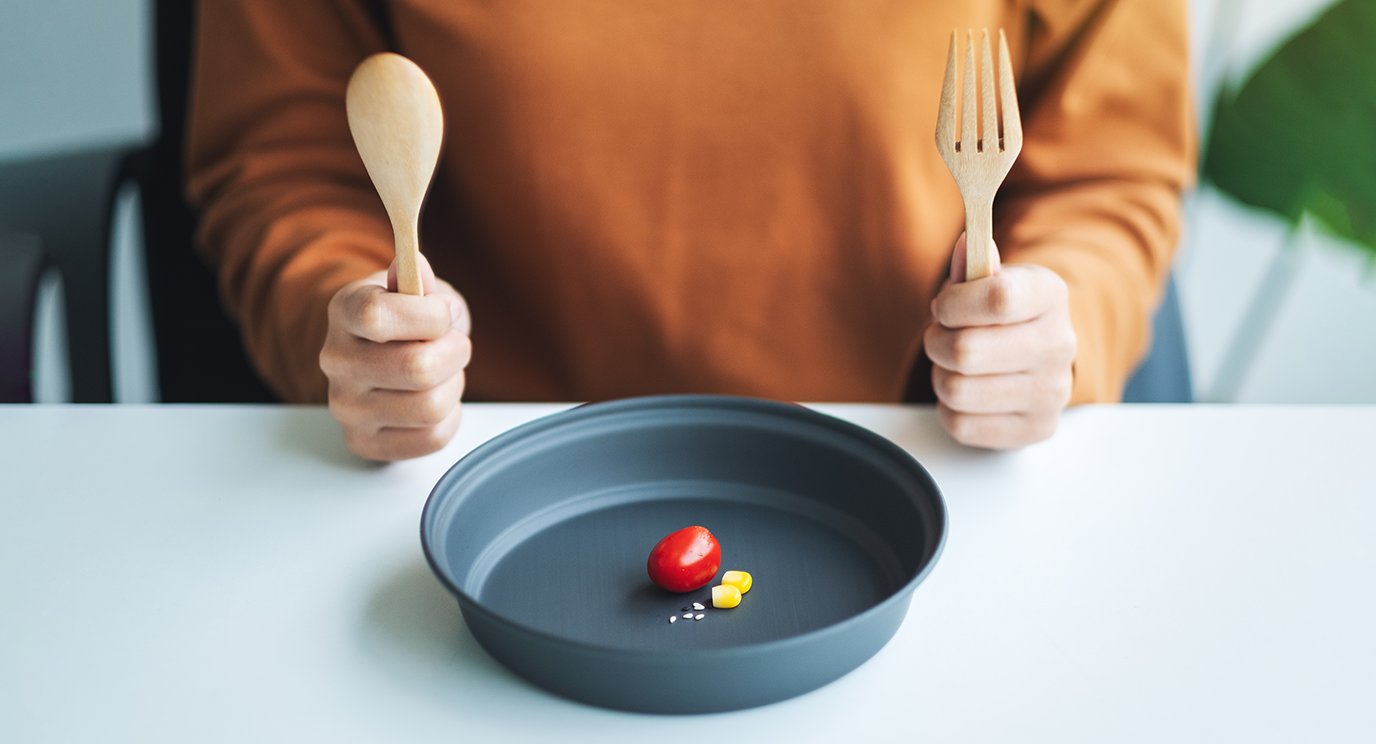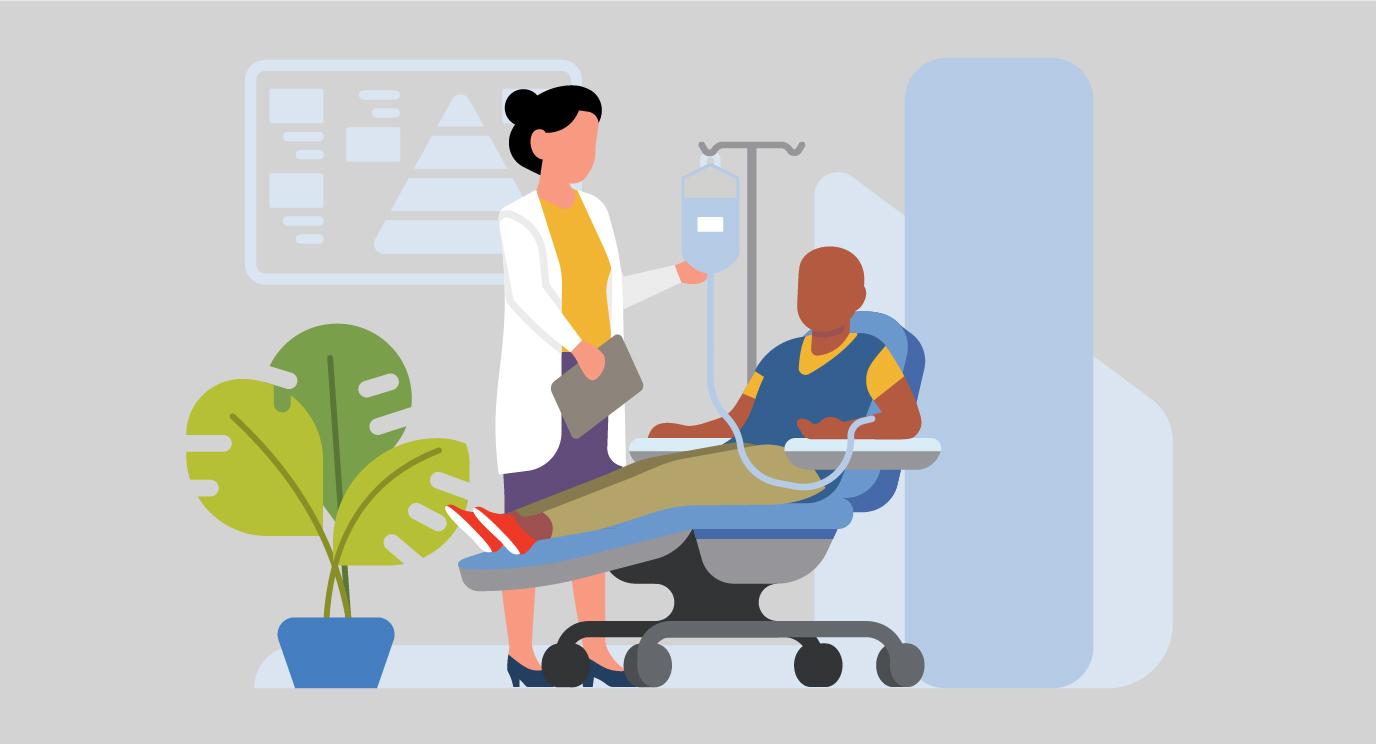- Diseases
- Acoustic Neuroma (14)
- Adrenal Gland Tumor (24)
- Anal Cancer (68)
- Anemia (2)
- Appendix Cancer (16)
- Bile Duct Cancer (26)
- Bladder Cancer (72)
- Brain Metastases (28)
- Brain Tumor (232)
- Breast Cancer (714)
- Breast Implant-Associated Anaplastic Large Cell Lymphoma (2)
- Cancer of Unknown Primary (4)
- Carcinoid Tumor (8)
- Cervical Cancer (158)
- Colon Cancer (166)
- Colorectal Cancer (116)
- Endocrine Tumor (4)
- Esophageal Cancer (44)
- Eye Cancer (36)
- Fallopian Tube Cancer (8)
- Germ Cell Tumor (4)
- Gestational Trophoblastic Disease (2)
- Head and Neck Cancer (12)
- Kidney Cancer (128)
- Leukemia (342)
- Liver Cancer (50)
- Lung Cancer (286)
- Lymphoma (278)
- Mesothelioma (14)
- Metastasis (30)
- Multiple Myeloma (100)
- Myelodysplastic Syndrome (60)
- Myeloproliferative Neoplasm (4)
- Neuroendocrine Tumors (16)
- Oral Cancer (100)
- Ovarian Cancer (172)
- Pancreatic Cancer (160)
- Parathyroid Disease (2)
- Penile Cancer (14)
- Pituitary Tumor (6)
- Prostate Cancer (146)
- Rectal Cancer (58)
- Renal Medullary Carcinoma (6)
- Salivary Gland Cancer (14)
- Sarcoma (238)
- Skin Cancer (296)
- Skull Base Tumors (56)
- Spinal Tumor (12)
- Stomach Cancer (64)
- Testicular Cancer (28)
- Throat Cancer (92)
- Thymoma (6)
- Thyroid Cancer (96)
- Tonsil Cancer (30)
- Uterine Cancer (80)
- Vaginal Cancer (16)
- Vulvar Cancer (20)
- Cancer Topic
- Adolescent and Young Adult Cancer Issues (20)
- Advance Care Planning (10)
- Biostatistics (2)
- Blood Donation (18)
- Bone Health (8)
- COVID-19 (362)
- Cancer Recurrence (120)
- Childhood Cancer Issues (120)
- Clinical Trials (630)
- Complementary Integrative Medicine (22)
- Cytogenetics (2)
- DNA Methylation (4)
- Diagnosis (232)
- Epigenetics (6)
- Fertility (62)
- Follow-up Guidelines (2)
- Health Disparities (14)
- Hereditary Cancer Syndromes (126)
- Immunology (18)
- Li-Fraumeni Syndrome (8)
- Mental Health (116)
- Molecular Diagnostics (8)
- Pain Management (62)
- Palliative Care (8)
- Pathology (10)
- Physical Therapy (18)
- Pregnancy (18)
- Prevention (914)
- Research (392)
- Second Opinion (74)
- Sexuality (16)
- Side Effects (604)
- Sleep Disorders (10)
- Stem Cell Transplantation Cellular Therapy (216)
- Support (402)
- Survivorship (320)
- Symptoms (182)
- Treatment (1786)
What I wish I’d done differently during my non-Hodgkin lymphoma treatment
3 minute read | Published January 23, 2019
Medically Reviewed | Last reviewed by an MD Anderson Cancer Center medical professional on January 23, 2019
When I learned that I had non-Hodgkin lymphoma in June 2011, an acquaintance said that he knew people who’d received treatment for that disease and still carried on their day-to-day lives without any problems.
That made me feel like I couldn’t talk to anyone about what I was going through — which was sometimes really hard! Instead, I put on my best brave face. I didn’t want to be a burden to anyone, especially my family.
Today, I am cancer-free, and I have been since 2013. But it’s only in looking back today that I can admit how hard it was. It’s one of the hardest things I’ve ever done. I wish I’d handled it differently.
My non-Hodgkin lymphoma diagnosis
I began experiencing severe stomach pains not long after I turned 30. Eventually, they got so bad that my husband took me to the emergency room. A CT scan showed I had acute appendicitis. I needed surgery immediately.
But that wasn’t the only bad news: the ER doctors also said I had enlarged lymph nodes in my abdomen, which can be a sign of lymphoma. They thought that I probably had cancer.
My first reaction was shock and disbelief. I was a healthy mom with two very young children. And I had no other symptoms of lymphoma. But as it turned out, the doctors’ suspicions were right. Six weeks after my emergency appendectomy, I had a biopsy. And the results showed I had non-Hodgkin follicular lymphoma.
Why I’m glad I had appendicitis
I’m actually kind of grateful for the appendicitis today, because if it hadn’t been for that trip to the ER, I wouldn’t have had the CT scan that revealed I had cancer.
Once I did know, though, I felt no hesitation about going to MD Anderson. I’ve lived in Houston my whole life, so I knew its reputation. People travel from all over the world to go there, and I am lucky enough to have it in my own backyard.
At MD Anderson, I met with Dr. Sattva Neelapu, Dr. Craig Kovitz and Dr. Celyne Bueno-Hume. They recommended six months of chemotherapy, which I could receive at MD Anderson’s campus just 10 minutes from my Friendswood-area home.
Talk to someone
I tried my best to keep up with my children during treatment, and to act as if nothing had changed. That was a challenge, because many days I felt very sick. Taking care of myself was hard enough.
Since my husband had to work, I went to almost every one of my treatments and appointments alone. Other family members offered to come with me, but I just felt like I should be able to handle it myself. And because I was keeping my feelings all bottled up, I began to develop severe anxiety and depression.
That’s why I tell other people who are fighting cancer now to talk to someone. And don’t let anyone tell you how you should feel or compare how you feel to how someone else felt during their journey. This is your life and no two people are the same, so you can’t expect the same results.
The importance of accepting — and asking for — help
I also tell other cancer patients to ask for help if they need it, and to accept help when it’s offered. Your recovery depends on you taking good care of yourself. So, if someone wants to bring you a meal — or even take the kids off your hands for a few hours — let them. Don’t feel like you have to do it all alone.
Take advantage of any support you can get, especially if you have small children. Even if you feel embarrassed, ask for help anyway. Opening up about what you are going through is a vital part of the recovery process. I know that now.
Request an appointment at MD Anderson online or by calling 1-877-632-6789.

Don’t let anyone tell you how you should feel.
Lucie Easterwood
Survivor





